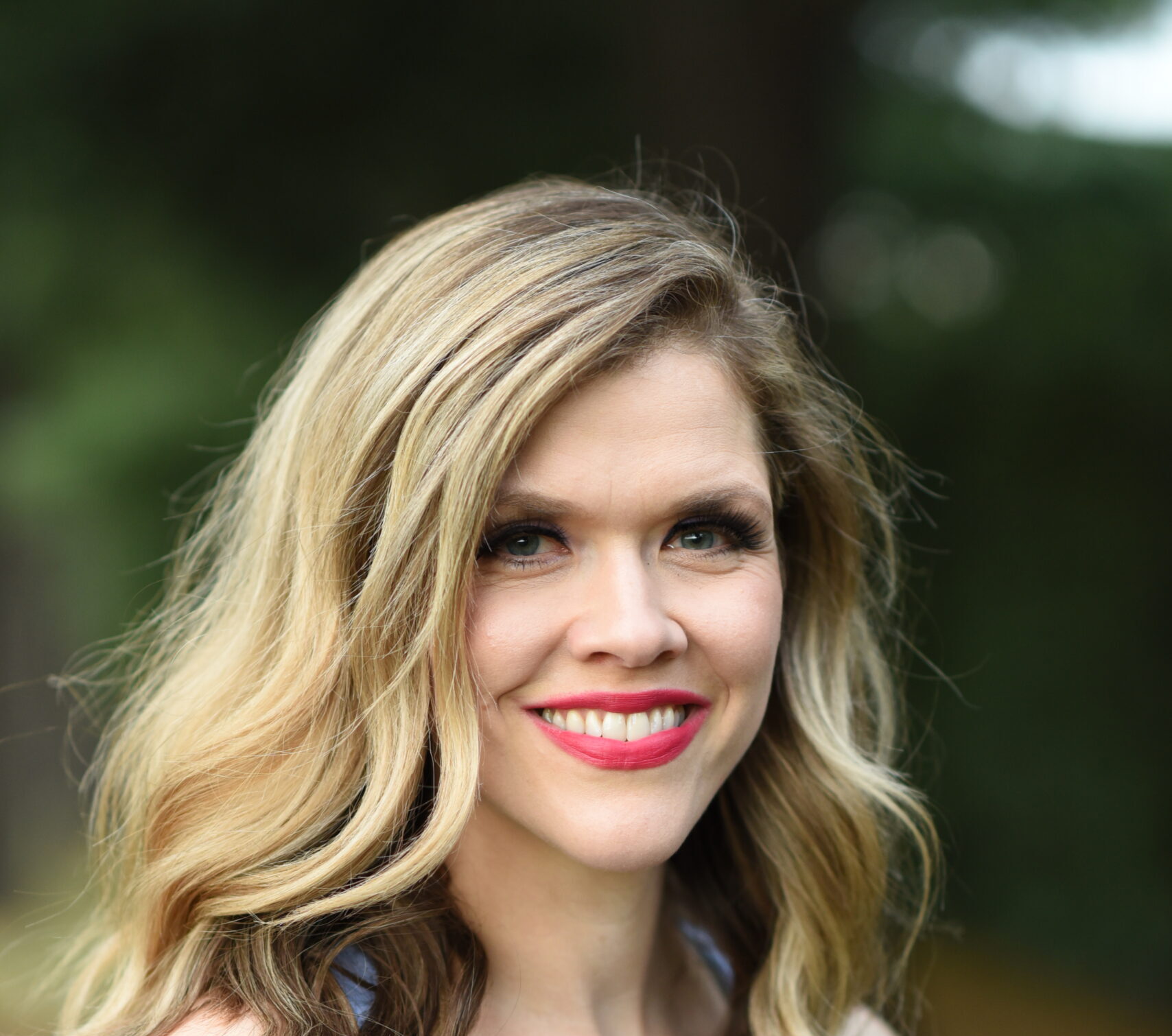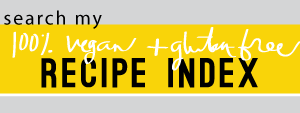“I stopped eating meat, and my hair started falling out.” This was one of the more interesting statements told to me by a girl, sitting across from me at a dinner banquet I attended recently.
I’m often confronted with a lot of misinformation, myths, and just plain untruths about vegetarian/veganism. And I love to be able to be a part of the “debunking” process if you will. It’s exciting, and I’m eager and open to share with anyone who cares to listen. I’ve found that most people really are curious and are usually open or at least polite. I am amused however, when I encounter those few snide or hostile remarks and wonder where do they come from? As a vegan, you usually don’t sign up to be a vegan spokesperson, it sort of just happens by default because you are the only person in the room not eating meat/dairy. Which is the position I found myself in recently.
I was at a fancy dinner/awards banquet with my hubby, in which I encountered the above interesting remark. For dinner they had two options: vegetarian or salmon.
I knew full well going into this thing, based on previous experience, that it was highly likely that the vegetarian option would be a pasta dish smoothered in cheese. I don’t know why this is, but vegetarian option is almost always synonomous with “cheese option.” But I digress. So I went to go get my meal, and come to find out that, surprise!, it is a mix of cheese tortellini and pasta shells in a cheese sauce. I mean really…is cheese a better option than meat? I know it isn’t actually animal flesh (which is why some people think it’s healthier or more humane), but it came from an animal, and as I recently found out, an animal substance called rennet, is used to curdle cheese (there is vegetarian rennet, but is usually only found in kosher or vegetarian cheese):
For animal-based cheese, what is most often used as a curdling agent is
rennet. Rennet is essentially a bunch of enzymes produced in the stomach of
mammals to help the offspring digest the mother’s milk. One of the enzymes
causes the milk to coagulate, to curdle or separate into solids (curds) and
liquid (whey). Now you understand what Little Miss Muffet was eating. Couldn’t
tell ya why she’d wanna eat it, but now at least you know what it is: curds and
whey are the solid and liquid results of curdled milk.
For cow’s milk cheese, the rennet is extracted from the fourth stomach of young calves. And where would you find an abundance of young calf stomachs? The veal industry, of course. The stomachs used to get rennet are a by-product of veal production.
Each ruminant animal produces the special kind of rennet needed to digest that
species’ mother’s milk, so there is kid-goat rennet especially for goat’s milk
cheese and lamb-rennet for sheep’s-milk cheese.
(http://www.compassionatecooks.com/blog/labels/cheese.html)
Did you catch that? We must keep perpetuating the veal industry (which is a truly horrific way to raise and slaughter these baby calves) in order to keep up with our mass production and consumption of cheese. Further, cheese has been found to have addictive qualities due to the concentrated amounts of casein protein, which is much higher in cheese than other dairy products. High in fat (especially saturated) and cholesterol, cheese is not your friend, or at least certainly not a better alternative to meat, in my opinion.
So back to my story.
Once I checked out the pasta, I knew there was nothing for me to eat. Everything offered (it was served buffet style) had either meat or dairy: mashed potatoes made with milk & butter, green beans (this might have been okay, but it was cooked in either butter or oil), salmon or chicken (to be honest, I just noticed it was meat, and didn’t even pay enough attention to go beyond what kind it was), and white bread. The salad looked terrific, but of course, they had to throw in a bunch of cheese. My husband was worried about me being hungry (this banquet was long), so he encouraged me to get some green beans and salad (I have to say that I typically eat before these type of functions knowing that I most likely won’t be eating anything there).
There were two problems with this: one, these things, had butter and cheese in them and I was not going to sit and try to pick out cheese from a salad, which I felt would be a little tacky, and there was nothing to be done about the oil/butter slick green beans. Second, to only get green beans and salad, well not to get snotty or anything, but would make me look a little suspiciously anorexic…
I opted to get nothing. As we ventured back to our table of eight other people (all but one strangers to us), I realized I’d probably get asked why I wasn’t eating. I really didn’t want to draw attention to myself or make a big deal (it really wasn’t), but it was inevitable.
I sat down, and within 20 seconds, the couple sitting next to us asked me why I wasn’t eating. I smiled, knowing what would ensue: many questions about veganism, which would include the typical, “but where do you get your protein?” and “where do you get your calcium?”
“I ordered the vegetarian option,” I explained, “but I’m actually vegan, and the pasta is covered in cheese, so I’m not going to eat.” Easy enough, but as everyone began to return to the table and notice I wasn’t eating, another girl asked me, “You’re not going to eat?” I then explained again the situation, and that’s when the discussion began. I didn’t want to dominate the dinner conversation (who wants to talk about food when you’re eating food?) but people kept asking questions. Like, “what made you become vegan?”, “Do you feel like you’re not satisfied after you eat?”, “What do you eat?”, and of course the predictable protein and calcium questions (clear evidence to me that it is so entrenched in our culture we need meat for protein and milk for calcium).
I did my best to answer the questions with tact, grace, and kindness. I got a few interesting responses. Like one guy said he was deficient in calcium. “Oh really, how do you know?” I asked. He said it was because he had weak bones because he doesn’t drink milk (I really don’t know how one knows if they have weak bones, but that’s besides the point). Calcium as well as protein, I explained, are found in all whole plant foods and our bodies nutritional needs for these nutrients can easily be met by eating a variety of whole plant foods. Green leafy vegetables are the best source of calcium (where do you think cow’s get it??) and calcium is only but one of the many important nutrients your body needs for proper bone health. Magnesium and vitamin D, for example, are also associated with healthy bones. And there are other factors as well: how much animal protein are you consuming? (diets high in animal protein take calcium from the bones as calcium is needed to buffer the acidity caused by the protein), carbonated beverages and refined sugar are also thought to reduce absorption and assimilation of calcium and non-activity/sedentary lifestyle is another risk factor (weight bearing exercise is essential to maintaining strong, healthy bones). So it’s so much more than how much calcium we take in. The United States is one of the highest consumers of dairy products in the world, yet we still suffer from the highest rates of hip fractures and osteoporosis, two conditions popularly thought to be a result of not enough calcium (synonymous with the milk in the U.S.), strong evidence that suggests that getting large amounts of calcium in your diet is not insurance for health or strong bones.
This same guy then said, “Oh well, I could just never give up meat.”
“Why?” I asked. He hummed, and hahhed, a little embarrassed because he wasn’t quite sure what to say, then said, “I think it’s because I’m just addicted to it.”
Hmmm….his response made me think a lot. Are we, as Americans addicted to the taste of cooked animal flesh? Clearly, our diet is largely based on animal foods, as indicated by the fact that I could go to a well attended banquet and not encounter any food made without animal products. But maybe most of us are just eating it because that is what is placed in front of us at every meal. Or because we don’t know any different. Or because it’s the socially acceptable, and therefore easier thing to do. I don’t buy into the excuse, “I’m just addicted to meat so I can’t stop eating it.” That takes away all personal accountability and choice, which until we are dead, we always have, to some extent.
I think more accurately, many of us are just uninformed or unwilling to look at the truth, which is that we do not need to eat animal flesh/milk/products. Contrary to popular belief, we are not nutritionally dependent on animals and we can derive more superior nutrition from whole plant foods while not causing any unnecessary harm to animals and the environment.
(Side note: You’re probably wondering how I responded to the first comment about the hair falling out from not eating meat. First of all, I think this was a rather bold claim to make, meant to stir up some controversy. But let me speak to the real issue. Simply not eating meat does not insure anything, particularly good health. Your body needs nutrients that come from eating calories (food, ideally wholesome food). If you aren’t getting sufficient calories (which varies greatly based on a multitude of factors) or “empty” calories (like those from white sugar and oils found in fried foods) you may not be getting enough things like protein, for example. Are you eating a variety of plant foods? Or are you eating potato chips and soda pop? Or nothing at all? For all I know, this girl could have been eating white bread, iceberg lettuce, twinkies, and white rice, day in and day out and saying, it must be because I’m not eating meat that my hair’s falling out….The fact is, if you’re eating a whole foods vegetarian/vegan diet you should notice that your hair (and skin and nails for that matter) are healthier, stronger, and more vibrant than ever before because your diet is so rich in nutrients.)



Comments